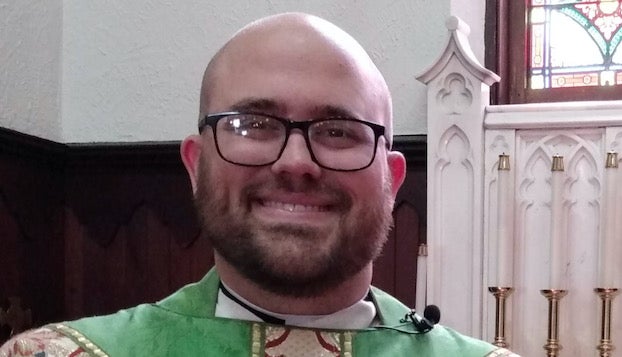All of us can help make the world a better place
Published 3:55 pm Saturday, December 25, 2021
|
Getting your Trinity Audio player ready...
|
If you haven’t heard of the Christmas Truce of 1914, here’s the Spark Notes version. Along the Western Front during World War I, as Christmas approached, pockets of French, British, and German soldiers began to soften their hostilities, even setting down arms long enough to barter for cigarettes and exchange greetings with one another. But something special happened on the 24th, 25th, and 26th that year. At some places on the Western Front, a significant number of soldiers got so caught up in the Christmas spirit that they didn’t just exchange greetings. They caroled and played soccer together, and some even joined with their enemies in reverent funerals for their fallen comrades. During the war to end all wars, bitter enemies threw down their arms, found common ground, and celebrated the Christmas feast as brothers.
But the truce didn’t last. Just days after they looked into each other’s eyes and said ‘Merry Christmas,’ they now saw one another only through the sights of their rifles, illuminated by the flames of mortars and enshrouded by clouds of mustard gas. In 1915, something similar was attempted, but fewer soldiers participated. By 1916, the hostilities had grown so vicious that the Truce of 1914 seemed more like a dream than a reality. The war raged for two more years until the Armistice of 1918. And it ended up not being the war to end all wars, as our nation has only seen one decade without a major conflict in the last hundred years.
How different would the world look if the spirit of that Christmas Truce had ultimately prevailed? Looking back like this allows us to imagine an alternative history, one where the soldiers on that Western Front all together committed to an unending Christmas Truce. Imagine that they had left their weapons in the snow, renounced the killing, and set about building something new from the ashes of the war-torn world.
I realize that this kind of idealism isn’t taking into account the larger, more complex issues underlying WWI. I also can’t help but cling to this kind of idealism because I simply refuse to accept that violence and war will be a perpetual blight on human existence. I could apply that same refusal to any number of social ills. Hunger. Homelessness. Racism. Homophobia. The list could go on, and in some other venue it should. We can’t build a better world until we reckon with the flaws in this one. But for now, I want to draw your attention back to that Christmas Truce of 1914. If it was possible then for enemy soldiers to find common ground, even if for only three days, then I believe most anything is possible. I believe that the best of our humanity can indeed rise up in refusal of a perpetually broken world. And I also believe that you have a part to play. Yes you, even you…how you live your life and carry yourself has a direct effect on the world around you. If the miracle at the heart of the Christmas story tells us anything, it’s that salvation comes from the most surprising and discounted of places. Never underestimate the power you have to make the world a better place. It’s better to light one candle than curse the darkness. The light of your life, once burning, could ignite all those around you with a spirit of joy, peace, and transformation. Wouldn’t that be something to behold?
Chris Adams is the Rector at St. Peter’s Episcopal Church in Washington






